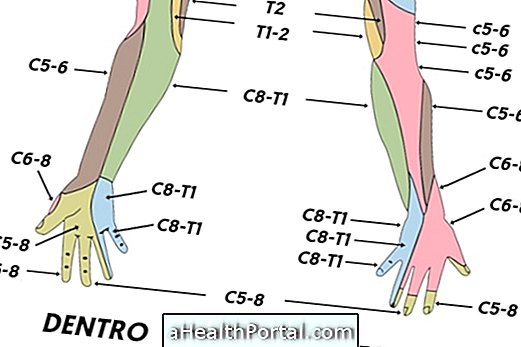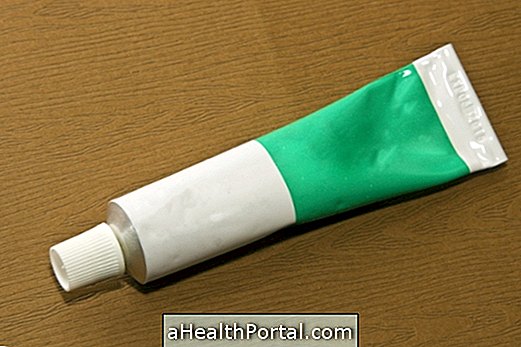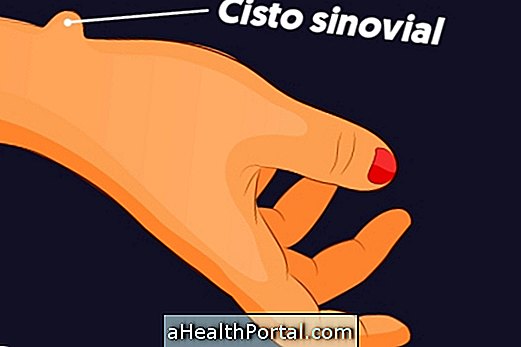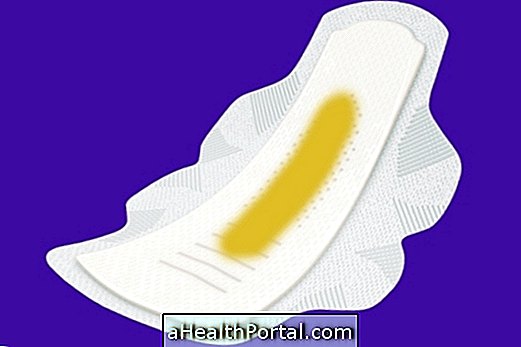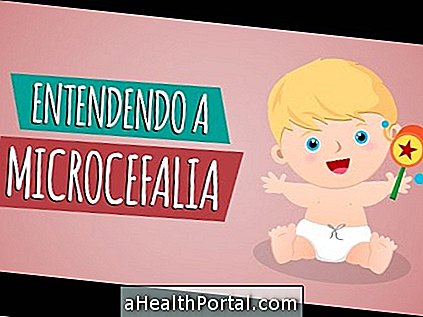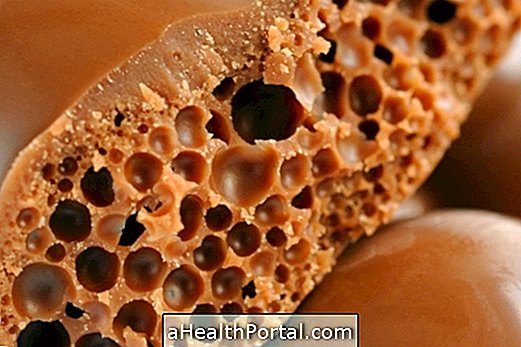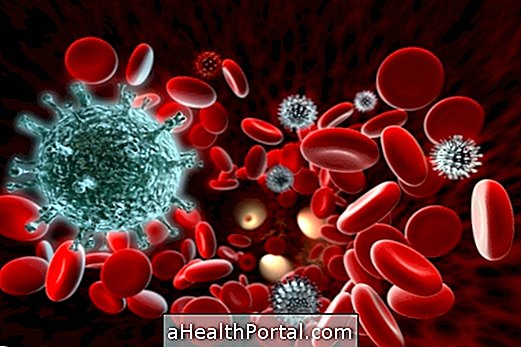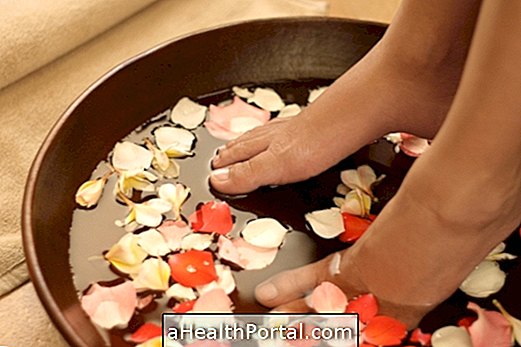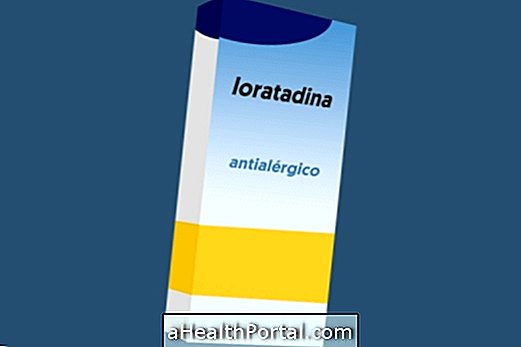The polka dots on the tongue usually arise due to the consumption of very hot or acidic foods, irritating the taste buds, or even due to the bite on the tongue, which can cause pain and discomfort to speak and chew, for example. These balls usually disappear spontaneously after a while. However, the polka dots on the tongue may also represent HPV infection or even cancer of the mouth and should be investigated by the physician and thus initiated treatment.
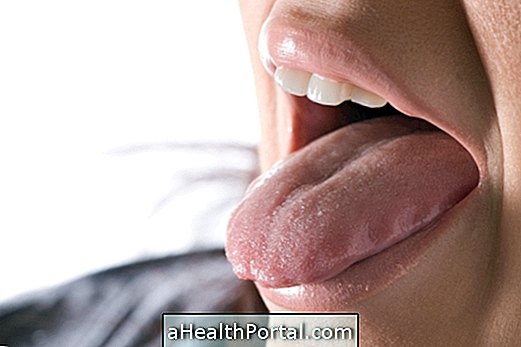
The main causes of polka dots in the language are:
1. Inflammation or irritation of the taste buds
The taste buds are small structures present in the tongue responsible for the palate. However, due to anxiety, consumption of very acidic or hot foods or use of cigarettes, for example, there may be inflammation or irritation of these papillae, which results in the appearance of red marbles on the tongue, decreased taste and sometimes pain while brushing teeth.
What to do: If red spots on the tongue represent inflammation or irritation of the taste buds, it is important to go to the doctor so that possible infections are avoided, as well as to avoid eating foods that can worsen this situation, such as pineapple, kiwi or coffee hot, for example.
2. Thrush
Canker sores are small balls that can appear anywhere in the mouth, including the tongue, and can cause discomfort to eat and talk. Thrush can occur due to a variety of conditions, such as increased mouth pH due to poor digestion, tongue bite, stress, use of dental appliances and vitamin deficiency. Learn more about thrush in the language.
What to do: Canker sores usually disappear within a few days, however, if they are large or do not heal, it is recommended to go to the doctor so that the best treatment can be investigated and established. Here are some tips to get rid of thrush quickly.
3. Oral Candidiasis
Oral candidiasis, also known as thrush, is a disease caused by the increased proliferation of the fungus Candida albicans in the mouth, leading to the formation of whitish plaques and balls in the throat and tongue. This infection is more common in infants due to poor immune system development, and in adults who have compromised immune systems. Learn how to identify and treat oral candidiasis.
What to do: When you notice the presence of whitish plaques in the mouth, it is important to go to the doctor so that treatment can be started, which is usually done with antifungal agents such as Nystatin or Miconazole. In addition, it is important to properly perform oral hygiene. Check out how to brush your teeth properly.

4. HPV
HPV is a sexually transmitted disease whose most common clinical manifestation is the appearance of warts in the genital region. However, HPV infection can lead to the appearance of sores or small balls on the side of the tongue, lips and roof of the mouth. Wounds in the mouth may have the same skin tone or have a red or white color, and may be similar to the cold sore. Learn more about HPV in the mouth.
What to do: When the first symptoms of HPV are identified, it is important to go to the doctor so that treatment can be started, which is done with the use of specific ointments that should be used daily according to the medical orientation. See how the treatment is done for HPV.
5. Mouth cancer
One of the symptoms of mouth cancer is the appearance of little balls on the tongue, similar to the cold sore, that hurt, bleed and grow over time. In addition, red or white spots on the throat, gingiva, or tongue may be seen, and minor superficial wounds may be observed, which may make it difficult for the person to chew and speak. Learn about other mouth cancer symptoms.
What to do: If the symptoms do not go away in 15 days, it is important to consult a general practitioner or a dentist to make the diagnosis and start treatment, which in this case is done with removal of the tumor followed by radio sessions and chemotherapy. Here are the treatment options for mouth cancer.


